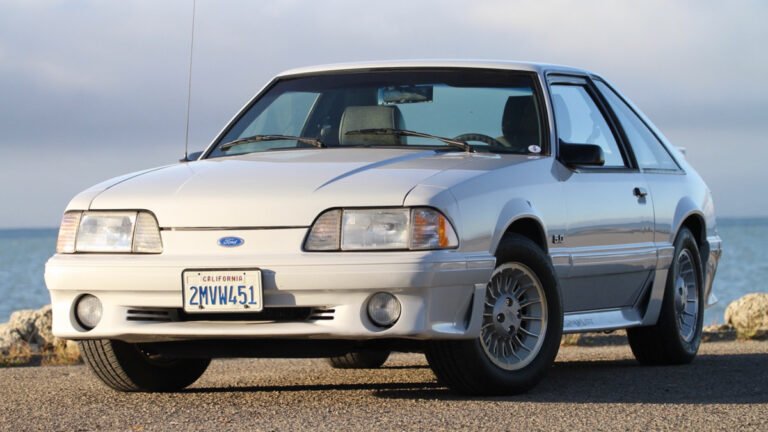
Grindr’s days as a public company could be numbered.
The hookup and dating app, which went public via a SPAC merger in fall 2021, announced Tuesday that its largest shareholders, Raymond Zage and James Lu—who led the company’s go-public efforts—were exploring the possibility of acquiring Grindr’s outstanding stock, which would take the company private again.
The confirmation of Lu and Zage’s goal of taking the company private followed reporting on Monday from Semafor, which outlined that a recent Grindr stock slide led a lender to seize shares that at least one of the men had used to back a personal loan.
Semafor reported that the two were in talks with Fortress Investment Group to take on debt that would allow them to buy Grindr out at $15 a share. Grinder stock (NYSE: GRIND) closed at $12.72 a share on Wednesday.
Grindr declined to comment on the buyout effort beyond a statement it released Tuesday. Fortress Investment Group declined to comment.
Collectively, Zage—the Singapore-based CEO of investment firm Tiga Investments—and Lu, a former Amazon and Baidu executive, collectively control more than 60% of the company’s shares. Because Lu is Grindr’s board chair and Zage sits on the board, the company said it had established a committee of independent directors that will evaluate any potential future offer.
Highs and lows
This year has been a mixed bag for the company’s stock price.
In June, it hit its highest price since the IPO, rising to $24.73. Since then, it has been on the downswing, dropping 12%. Since early September, the stock has dropped 3% in value.
It also saw a drop in early September after Ningi Research—which bills itself as doing “investigative reporting on public companies”—revealed a short position on Grindr. (Ningi Research has also released reports this year on coconut water company Vita Coco and financial services company Marex alongside short positions in both companies.)
Ningi’s report outlined allegations that the company is manipulating its user numbers due to a change in how it counts paid users. Other claims in the report include allegations that the app’s core experience is being diluted by its efforts to broaden its offering into a “global gayborhood in your pocket.”
Grindr also declined to comment on the Ningi report.
In its latest earnings report in August, Grindr posted a 27% year-over-year increase in revenue for its second quarter. Alongside Grindr’s Q2 earnings, CEO George Arison debuted his plan to start adding more AI-powered features for the app’s highest-paying users, rebuilding the app around gAI (pronounced “gay I”).
Also this year, Grindr has been undertaking its first foray into telehealth. In May, the company unveiled Woodwork, a direct-to-consumer service for erectile dysfunction medications.
As Arison told Fast Company in May, he has viewed Grindr’s success as a public company as a way to push for more acceptance of the LGBTQIA+ community more broadly. “Part of our mission has to be we do super well as a business and we force everybody to change,” he said.



